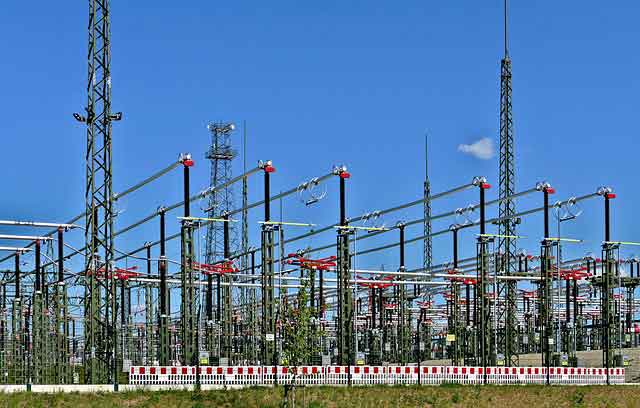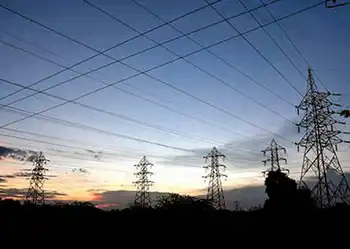Electricity plan geared to big operators
- The Ontario government claims it has solid plans for encouraging people to generate electricity from renewable energy.
Unfortunately, the plans won't work for the bulk of Ontario's population — all those people who could produce green electricity on a small scale. And this is a tragedy because, judging by what's happening in Germany, they could increase Ontario's supply of electricity by 3 or 4 per cent within 10 years.
That's a lot of electricity. During times of peak demand in summer, it could be twice as much as Ontario Power Generation will get from the nuclear reactor currently undergoing $2.5 billion worth of repairs at the Pickering A station.
The reason the government plan won't work for small-scale producers is simple: It's not designed for them; it's designed for corporations and large projects.
There's little in this plan to ensure a reasonable rate of return on investment for developing small-scale green electricity. As a result, banks are not going to lend money for small projects unless they get full security — mortgages on homes or farms, pledging of stocks and bonds, or co-signing by debt-free parents.
Not many people will participate in these circumstances.
The government has promised incentives, but they're tailored mostly for well-heeled and financially skilled corporations. They include capital tax holidays, rebates on building materials, corporate tax write-offs, tax rebates, property tax holidays and capital tax exemptions.
The German federal government has taken a different tack. It requires distributors to purchase electricity from small-scale producers at prices that will pay off their investments in less than seven years.
In other words, German policy deliberately encourages investment.
Queen's Park should pay attention to what Germany is doing because there's a lot at stake. The province stands at the brink of brownouts — or worse. The Independent Electricity Market Operator declared in March that if there were no unexpected power stoppages, and if the planned projects for increasing generating capacity went ahead, and if they were completed on time, Ontario could get through the next 10 years without a crisis.
These are pretty big "ifs."
So, the province desperately needs the cushion that small, green electricity projects can supply.
Farmers, for instance, could add about 260 megawatts of electrical capacity — almost 1 per cent of the province's total capacity — by installing biodigesters that would turn manure into methane gas and high-grade fertilizer. The methane would fuel electricity generators. As an added benefit, disposing of manure this way would protect groundwater.
However, farmers would need to be guaranteed a price of at least 12 cents a kilowatt hour for their electricity so they could raise money for installation.
If the province were to create this kind of investment climate, it would help save family farms. Farmers could generate all the electricity they'd need, thus saving on expenses, and export about the same amount of electricity for what would be regular income.
Equally powerful cases can be made for creating a favourable investment climate in Ontario for solar power, wind power and small-scale hydro generation.
In Germany, a four-year program to encourage installation of photovoltaics to capture solar energy was completed in June, with 300 megawatts of capacity installed. A similar initiative in Ontario would add another 1 per cent to the province's capacity.
As the German government says, it is putting small-scale producers of green electricity on an equal footing with big business. Ontario should do the same.
Related News

OpenAI Expands Washington Effort to Shape AI Policy
WASHINGTON DC - OpenAI, the creator of ChatGPT, is significantly expanding its presence in Washington, D.C., aiming to influence policy decisions that will shape the future of artificial intelligence (AI) and its integration into critical sectors like energy and national security. This strategic move comes as the company seeks to position itself as a key player in the U.S. economic and security landscape, particularly in the context of global competition with China.
Expansion of Policy Team
To enhance its influence, OpenAI is tripling the size of its Washington policy team. While the 12-person team is still smaller compared to tech…




